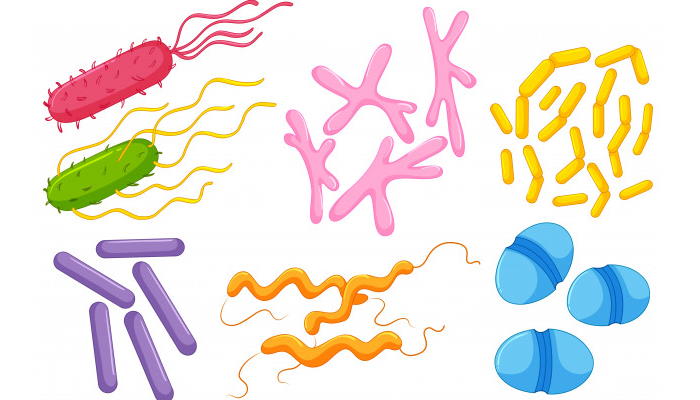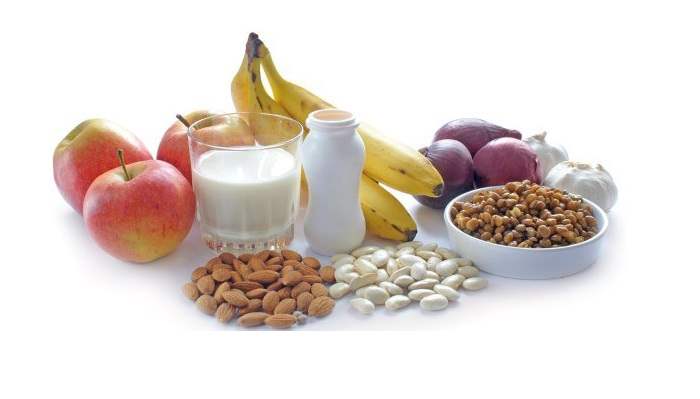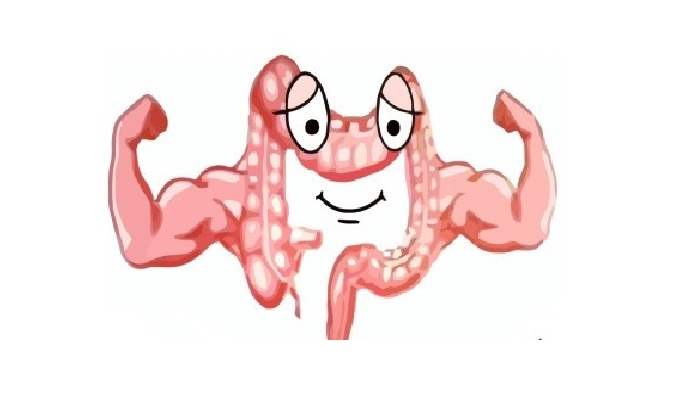
Sanitario vettore creata da brgfx - it.freepik.com
Undoubtedly, most people will have heard of probiotics or live lactic ferments and will have made use of them thanks to products such as yogurt or natural supplements and pharmaceutical products. There are, however, also the prebiotics, which are not talked about enough and which are often confused with probiotics. So let's understand the difference between probiotics and prebiotics, their relationship, their role and benefits for the human organism.
Probiotics

Prebiotics in difference of probiotics, are not living bacteria/organisms but soo foods which our organism is unable to digest and which, when administered in adequate quantities, are capable of selectively promoting the growth of good bacteria already present in the intestinal tract or those taken (probiotics).
To put it simply, prebiotics are the nourishment of "good bacteria" (both probiotics taken and those naturally present in our organism).
So probiotics, to function at their best, need prebiotics!
These prebiotics are naturally present in foods rich in fiber and in particular vegetable fiber such as inuline (dried fruits, legumes, whole grains, artichoke asparagus, dandelion, etc.), and, to be defined as such, they must resist gastric juices in the stomach and digestive processes in the intestine and then act as a substrate for probiotics in the processes of bacterial fermentation.

Curated by
Dott.ssa Patalano Myriam Biologist Nutritionist
Ischia Nutrizione Patalano
